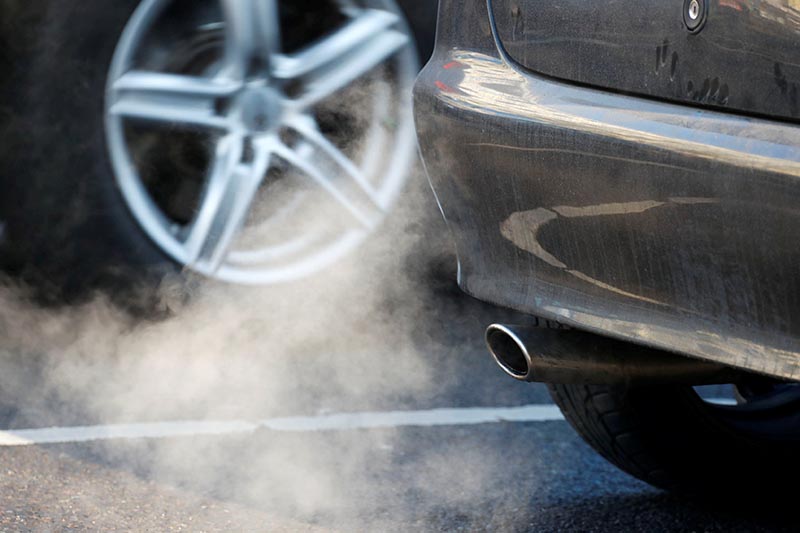Vehicle pollution still rising in Germany: agency
- Overall emissions down as coal plants close
- But car ownership, buoyant economy fuelling pollution
- Government pushing for more action in 2019 bill
BERLIN: Germany's greenhouse gas emissions fell in 2017, largely thanks to the closure of coal-fired power plants, but car-makers and factories still need to do more to cut pollution, government officials said on Tuesday.
Overall emissions in Europe's biggest economy fell 0.5 percent through the year, according to preliminary data released by a federal environment agency.
"While energy-related emissions fell significantly, those in transport and the manufacturing industry went up," the Umweltbundesamt (UBA) said in a statement.
"Therefore, additional measures are necessary to set Germany on a course toward its targets again."
The energy industry, which is undergoing a staged transition to renewable technologies, saw its emissions fall by 4.1 percent, or 13.7 million tonnes, in 2017, UBA said.
But transport sector emissions rose by 2.3 percent to 170.6 million tonnes, as car ownership expanded and the booming economy meant more heavy vehicles were on the road.
The buoyant economy also drove up emissions from refineries, steelmaking and chemicals.
Germany has already had to abandon a self-imposed target of cutting emissions by 40 percent by the year 2020 from 1990 levels. The current reduction is 27.7 percent with just two years to go.
Instead, government is now aiming for a 55 percent cut by 2030 and has promised to bring in a climate law in 2019 that will demand more from lagging sectors.
The car industry is also facing the prospect of restrictions on diesel vehicles in cities as it tries to move on from a 2015 scandal in which Volkswagen admitted to cheating U.S. emissions tests.
Climate-harming emissions from Europe's biggest economy totalled 904.7 million tonnes of carbon dioxide (CO2) equivalent, compared with 909.4 million a year earlier, said the state body, which reports to the Economy Ministry.
The bulk of German emissions in 2017 consisted of CO2, which accounted for 797.3 million tonnes, accounting for a 0.6 percent decline from 801.8 million a year earlier.
Some 107.4 million tonnes of emissions, down from 108 million in 2016, were made up of other noxious gases monitored by the UBA.
The German data on Tuesday were estimates only, based on usage and macroeconomic data, and may well change, UBA stressed, adding it will publish more details in May.






